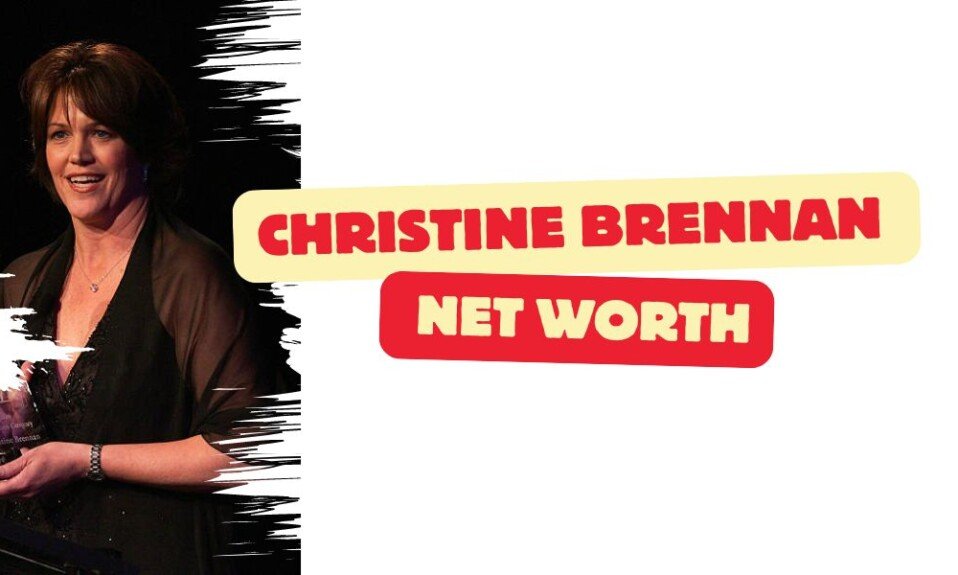
Everyone has their strengths and weaknesses when it comes to certain subjects. Our differences are what makes the world an interesting place.
But once money enters into the equation, your shortcomings could end up costing you a lot of your hard-earned cash.
Make sure you aren’t making these five mistakes and keep more of your money in your pocket.
1. Ignoring Your Credit
Out of sight, out of mind is the motto of a lot of people.
You’ll want to change your tune, though. Checking your credit report helps you catch inaccuracies or fraud that may be dragging your score down unfairly. You can dispute these errors and have them removed.

If a peek at your report shows everything is accurate, but you still have a low score, you may take this as an opportunity to see what you can do to build positive credit history.
2. Spending without a Budget
A budget is the master spending plan that accounts for every dollar coming in and out of your hands each month. If you don’t have one, it’s easy to lose track of where it all goes.
This mistake could have disastrous consequences if you consistently overspend. You might come up short and have to dip into your savings to cover essential bills.
3. Having only One Savings Account
Savings aren’t meant to help you pay regular bills you can easily expect. They’re there as a backup when an unexpected emergency costs more than you can afford upfront. Or, they can help you make big purchases or achieve long-term goals.
With so many “jobs” your savings can do, it’s important to keep your cash for each goal separate. This prevents you from dipping into your emergency fund when you buy a new car!
All this means is you should keep the money to help you cover an unexpected expense in an emergency fund, while the cash you save up to buy a new car should be in an auto fund.
4. Living on Borrowed Money
Sometimes, taking out a personal loan or line of credit makes sense. A personal loan may help you buy a home or go to school, while a line of credit may help complete unexpected household repairs.
But there’s a time and place for these products. They’re not meant to boost your budget for the perfect vacation or another pair of sneakers.

5. Waste Time with Minimum Payments
If you do use a line of credit or credit card, you may have noticed your billing statement shows a minimum payment. This is the least amount of money you must pay to keep your account in good standing.
As a flat fee or percentage of your bill, the minimum will leave most of your balance unpaid. This amount will carryover and be subject to interest and finance charges until you pay it all back.
So while you may save a bit of money by making the minimum payment at first, it could cost you a lot if you make it a long-term habit.
Avoid These Mistakes!
These money management blunders are easy to make, but the good news is, they’re easy to avoid, too. Now that you know what to look out for, you know better than to ignore your credit or take out loans for unnecessary shopping.




